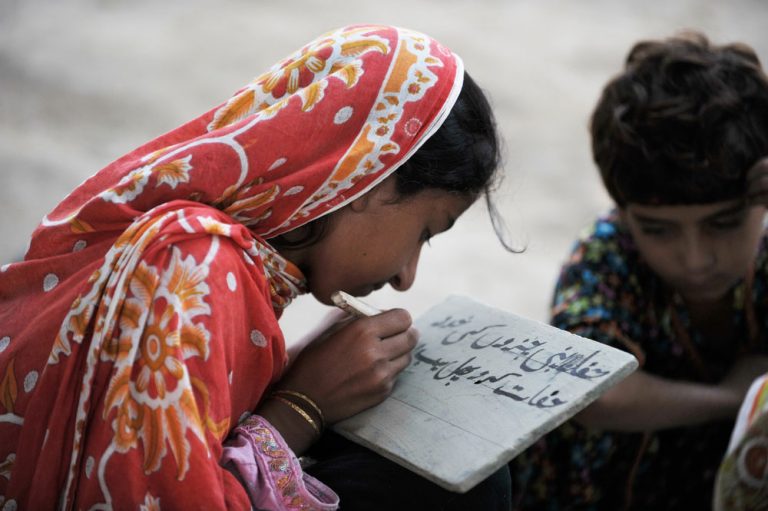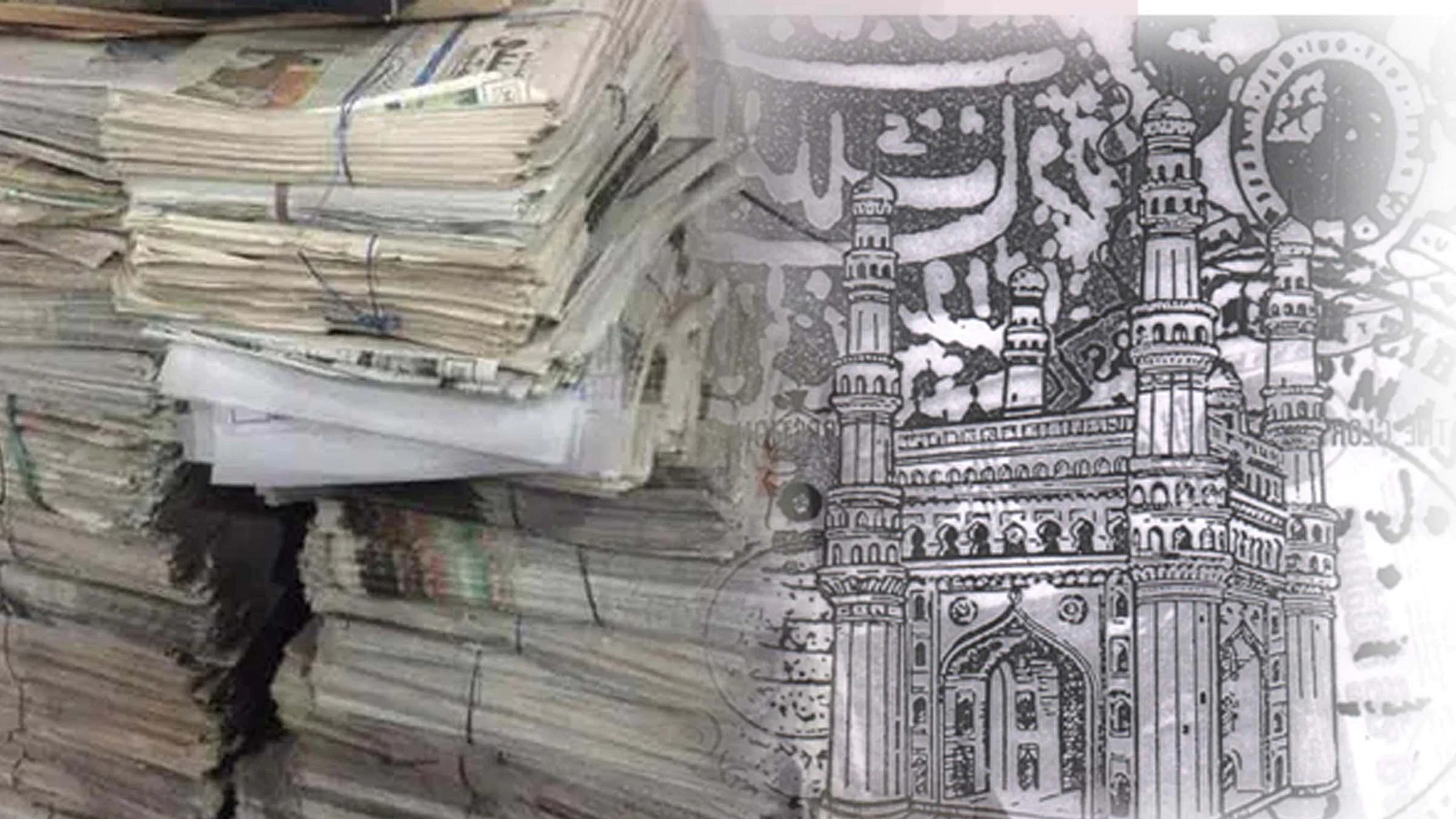
The lens of hatred are narrow, myopic and likely to bring to dust the greatest achievements of India’s scholars and its adherence to tolerance and the nation’s faith in secularism.
Nazarul Islam
Hatred has several lenses, each focusing on the degrees of animosity or hostility or loathing, a person may harbor inside. Speaking at a literary meet recently, the India’s best known poet and lyricist, Javed Akhtar, expressed his sorrow at a newspaper report that highlighted two Urdu books along with weapons, discovered in a car carrying two alleged ‘terrorists’.
Responses to such events may vary in terms of intensity but never in terms of the collective bias allowed to nurture in people against a person, beliefs, language, culture, religion or a country that fails to toe the line to the mainstream thought. What was implied, was certainly painful to Mr. Akhtar and many others.
And, this was nothing short of an edict delivered against a beautiful language called Urdu, which has gathered its roots and maturity only in the subcontinent of India. Urdu remains to be the lingua Franca, in this vast country of 1.43 billion souls. It is home to a total of 121 languages and 270 mother tongues.
A language simply cannot be categorized to function exclusively as a code for the alleged terrorists’ religious identity. A lens with its focal point lying in the domain of hatred would only rob Urdu of some of the finest poetry and most powerful literature in the world. A specific language cannot only be used by terrorists.
Down the road, the same hatred has linked both, in the implied accusation of a faith generally practiced by India’s largest minority. That reference to Urdu books was meant specifically to target a religion, called Islam. Mr. Akhtar was right to address his opinion—that the identification of language with religion made no sense; languages belong to regions, as the birth of Bangladesh demonstrated. The mental and political habit of attributing languages to religions is particularly absurd in the case of Urdu which, unlike other languages, did not begin with paeans to temples, churches or mosques but with agnostic, even non-believing, writers who wrote boldly about social injustices among other themes, including lesbianism, for instance.
Let’s stick to facts. The history of Urdu’s divergence from Hindi is marked if not by hatred then by the desire to distance one religious group from the other. It was tied in with the feverish — ultimately tragic — politics of the time, which haunts the subcontinent to this day.
At a time when much of India seems to have quickly succumbed to an aggressive, chauvinistic nationalism cleverly associated with the majority religion and the Hindi language, the lens of hatred sweeps everything together, from faith to language, from dissent to dress codes, marriages and even subject of research, for punishment by State and non-State elements.
 As visitors of one community are singled out for blame at the beginning of the Covid-19 pandemic in India, so are girls suddenly forbidden to wear the hijab in class in one state, laws against ‘love jihad’ marriages are formulated even though the Centre has found no such thing, students from underprivileged groups are prevented by regulation from researching subjects relating to the history and culture of India in foreign universities, all dissent, even if imagined, is quickly suppressed by imprisoning the young and the old for years.
As visitors of one community are singled out for blame at the beginning of the Covid-19 pandemic in India, so are girls suddenly forbidden to wear the hijab in class in one state, laws against ‘love jihad’ marriages are formulated even though the Centre has found no such thing, students from underprivileged groups are prevented by regulation from researching subjects relating to the history and culture of India in foreign universities, all dissent, even if imagined, is quickly suppressed by imprisoning the young and the old for years.
And hence, the list gives a fleeting taste of a prejudiced, everyday India today.
Mr. Akhtar’s remarks about Urdu take on an ironic cast in this environment. The emphasis on Hindi leads to other forms of resistance — those that are linked to regions and cultures. India is rich in cultures and languages; to try to erase this diversity in the name of nationalism is a mark of quite extraordinary hostility allowed to breed and pulsate with life.
Hindi is a beautiful language too. Any hostility to this ancient language is as impoverishing as the hostility to Urdu. The lens of hatred are narrow, myopic and likely to bring to dust the greatest achievements of India’s scholars and its adherence to tolerance and the nation’s faith in secularism.
_____________
 The Bengal-born writer Nazarul Islam is a senior educationist based in USA. He writes for Sindh Courier and the newspapers of Bangladesh, India and America. He is author of a recently published book ‘Chasing Hope’ – a compilation of his articles.
The Bengal-born writer Nazarul Islam is a senior educationist based in USA. He writes for Sindh Courier and the newspapers of Bangladesh, India and America. He is author of a recently published book ‘Chasing Hope’ – a compilation of his articles.